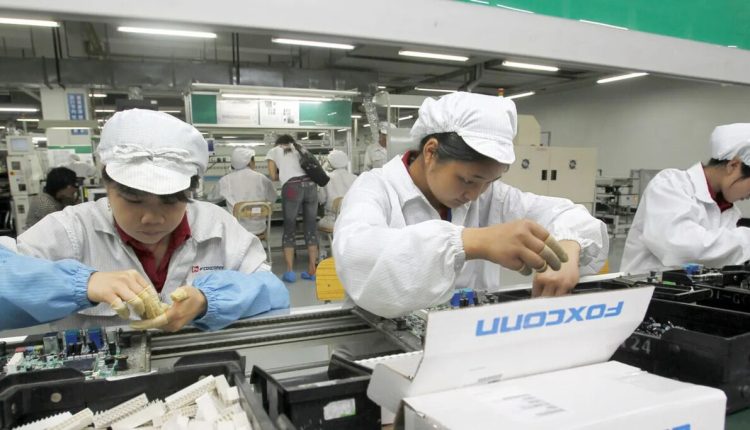Revolutionizing iPhone Quality Control: Apple’s Groundbreaking QR Code Strategy
Cutting Defects from 30% to 10% - The Tech Giant's Game-Changer in Production Efficiency

In a bid to maintain impeccable build quality and reduce material wastage, Apple has deployed a cutting-edge approach by integrating QR codes directly onto iPhone screens. This innovative move allows the tech giant to closely inspect and evaluate the quality of screens provided by its suppliers, Lens Technology and Biel Crystal. The impact has been significant, with material wastage reportedly plummeting from 30% to a mere 10%, according to insights from The Information.
This revolutionary step involves the etching of QR codes onto every screen, providing Apple with an unprecedented level of scrutiny over the production process. The company has invested substantially in a barcode initiative specifically tailored for iPhone screens. Now, each screen boasts two barcodes—one situated on the inner edge of the bezel, and a minuscule 0.2mm barcode placed in a separate location. This dual-barcode system has played a pivotal role in reducing screen defects from 30% to 10%, translating into substantial cost savings for Apple. Moreover, it affords the tech giant enhanced control over production quality, preventing suppliers from billing for screens erroneously deemed as faulty.
The implementation of QR codes on iPhone screens, however, was not without its challenges. Apple initially grappled with issues such as screen weakening and cracks during drop tests in proximity to the code placement area. Despite these obstacles, the company overcame them through innovative scanning techniques and the incorporation of microscopic lenses to prevent excessive etching in the glass.
The QR codes embedded into iPhone screens serve distinct purposes. The smaller code is designed to scrutinize screens that have been reported as defective, while the larger one identifies genuinely faulty displays. It provides detailed information about the supplier and has the potential to narrow down issues to specific production batches. This granular level of oversight is a testament to Apple’s commitment to delivering top-notch quality to its customers.
However, amidst these technological strides, Apple has not been immune to controversy. Both of its display manufacturers, Lens Technology and Biel Crystal, have faced allegations of utilizing forced labor. Apple, in turn, has come under criticism for what some perceive as an inadequate response to these claims. As the tech giant continues to innovate and set new standards in production quality, it also grapples with the responsibility of addressing ethical concerns in its supply chain.
